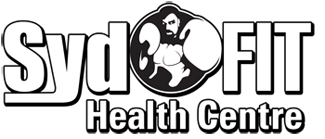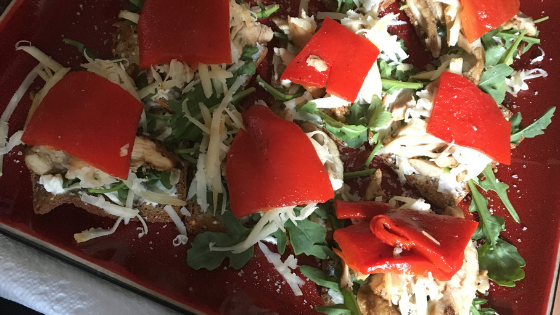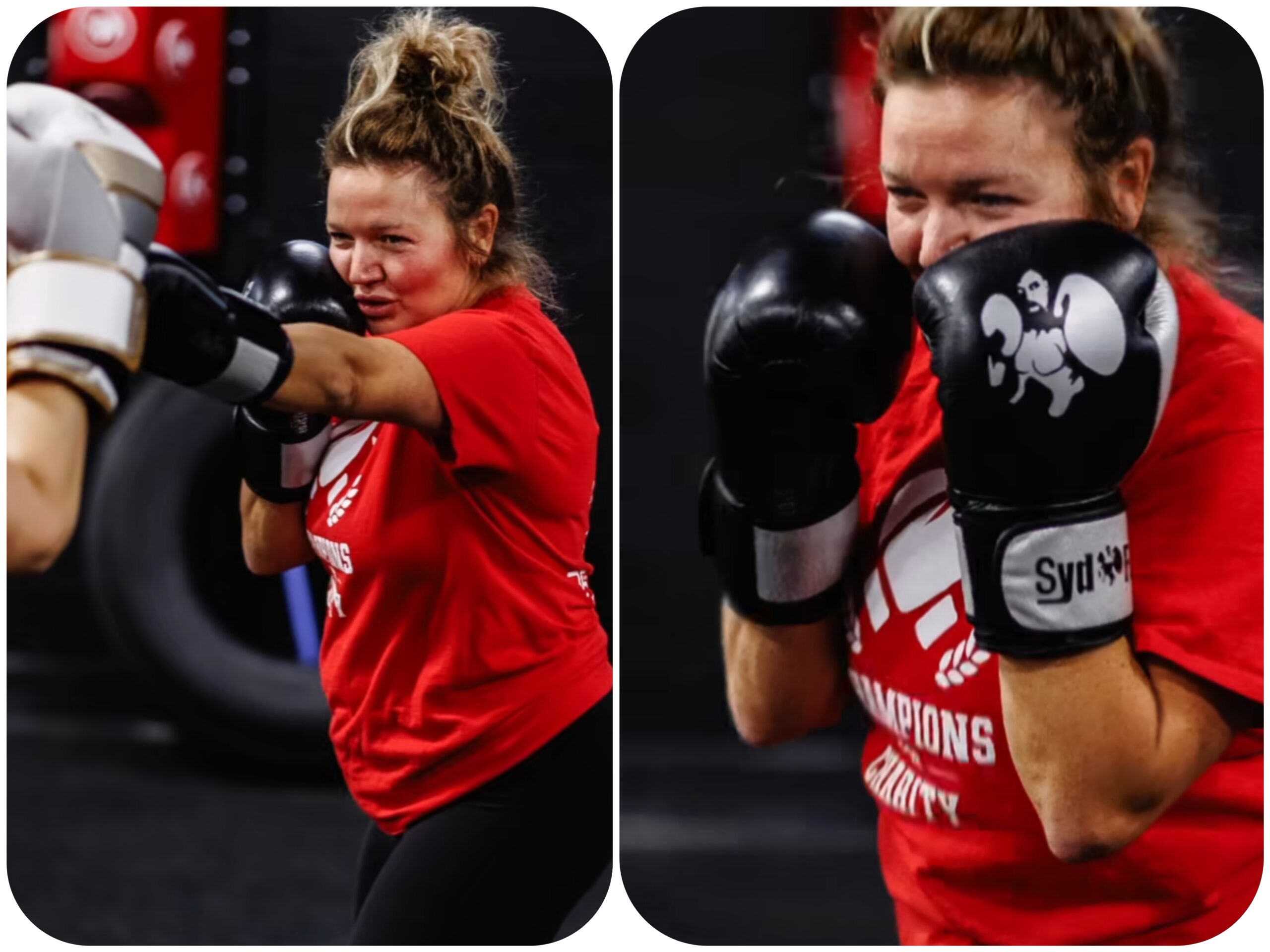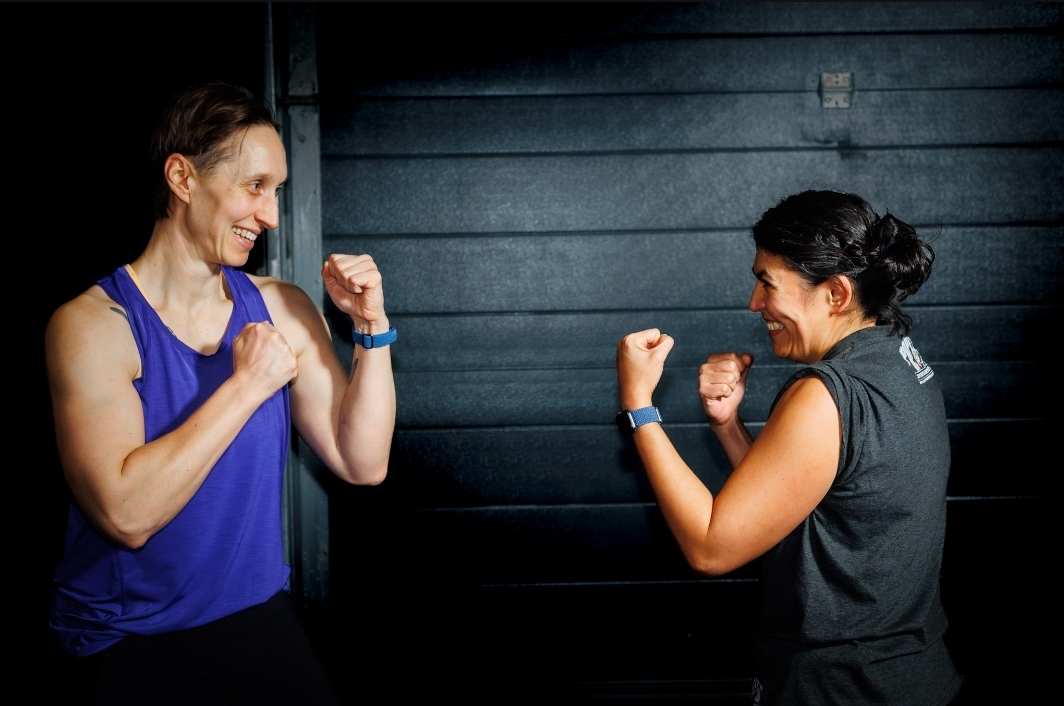Whether you’ve started a new workout regime or you are a seasoned athlete, you are spending time and energy, putting in effort and putting in the work. You feel proud and accomplished for taking the time to care for your body, and for working toward your goals. And so you should! But what about after the workout is over? After the hard work is done? Now it’s time to help your body recover. Time to make sure that your body is prepared to work again when called upon.
In order to properly recover we must first understand what role each macronutrient plays in the recovery process. Yes I know you’ve heard the word “macronutrient” before, but what is it? Macronutrients are what most of us know as carbohydrates, fat and protein.
To give you the “big picture” carbs are where our bodies will source most of its energy. Although all carbs are not created equal, they all meet the same fate in the body. Carbohydrates can be broken up into 2 categories.
- Complex carbohydrates which come from whole-food sources like starchy vegetables, legumes and whole grains. Carbohydrates like fruits can sometimes be a blend of carbohydrates due to the natural occurring sugar content. Complex carbs tend to keep us feeling fuller longer. They help keep our blood sugar and insulin levels stable, releasing energy gradually. They also help with the transportation of protein and healthy fats.
- Simple carbs come from refined and highly processed foods like candy, table syrups and yes, a lot of sport drinks. These types of carbs tend to leave us unsatisfied and usually wanting more or feeling that “sugar crash”. Since they are highly processed, they have also been stripped of the majority of their nutrients.
Fats have various roles in the body which, like carbohydrates, include supplying us with energy (fat is the most energy/calorie-dense macronutrient). It also helps us balance hormones, forms cell membranes, aids in brain function, helps transport fat-soluble vitamins like Vitamins A,D,E and K and it also gives us fatty acids that we can not make on our own. Some fat sources include whole plant and animal foods like fish, eggs, avocado, nuts, seeds and seed oils.
Last but not least….we have protein. This macronutrient is super important as it aids in building AND repairing muscle. Now I know what you’re probably thinking “if this does all the building and repairing I’ll just eat protein and all will be good!!!”….Well unfortunately it doesn’t really work that way. We need to accompany our protein sources with a carb or fat in order to metabolize protein properly. In other words, protein needs carbs or fats to help your body get the most from it. Our liver and kidneys can only process so much protein on their own, and having a strictly protein diet ultimately denies your body from absorbing all the energy it could be using. Sources of protein generally include lean meats, eggs, nuts and seeds as well as the very popularly used protein powders. While I don’t recommend relying on protein powders, using a good product for a quick post workout or if your in a pinch, is an easy way to meet your protein needs. And I’m sure you noticed that sources of protein are found in a lot of the same foods that we use for sources of fats. Talk about getting a 2 for 1.
So with all those great macronutrients working for you, we need to address one more extremely important key element to this equation and that is WATER! We do get a certain amount of water from the food we eat, especially carbohydrates, (yup, it’s there in the name! Clever right?!) that’s just not enough, particularly when it comes to recovery.
Water makes up about 55% to 60% of who we are and it plays key roles in the way our body processes the nutrients that we give it. This includes transport of substances we ingest throughout our various internal systems, and providing lubrication to our tissues. All of this will have a huge effect on recovery. In short, STAY HYDRATED!!! Keep water close and sip often! Make your water bottle your new best friend and workout partner. Never leave home without it!
Now that we know what macronutrients are and some keys roles they play in our bodies; we need to put it all together and specifically apply it to recovery.
So, you wake up and it’s time for breakfast, or if you’re like me, you’re not hungry just yet…and that’s ok, but you know the hunger will come so be prepared. Key word…PREPARED! Remember those complex carbs we talked about? If you want to perform optimally in your upcoming workout, grabbing a BLT bagel from Tims every morning just won’t cut it. Quality ingredients=quality performance. It takes just as much or less time to throw some carbs, fat and protein in a blender and go as it does to hit the drive thru! Throughout the day you will want to make sure that you are supplying your body with good sources of fats, carbs and proteins from whole food sources, just like you did for breakfast.
Your Complex Carbs are where you will get most of your energy throughout the day, so portioning your meals to spread the energy out is key! If you are eating too much in one sitting, the inevitable sluggish, slow digestion need for a nap will set in! If you’re close to your workout and hungry, eat a piece of fruit with something like cheese or yogurt. This combination contains all the macronutrients you will need to have a great workout, and won’t leave you feeling full and sluggish
Some great sources of complex carbs are foods like potatoes (sweet or regular), rice and quinoa. Don’t forget those deep coloured, leafy greens and colorful veggies! Pair them with a lean protein and a good fat source….and HYDRATE, HYDRATE, HYDRATE.
Once the workout is done you need to think recovery right away. We have a window of about 30-45 mins that is optimal to get your “post workout meal” in. So what does that mean? Post workout meals generally are made up of carbohydrate and a protein. This is where your protein powder comes into play, paired with a carb like your favourite fruit. Chocolate protein and a banana are a great combo. I love dates and I also enjoy chocolate chip rice cakes. The post workout meal should be lower on the fat side. Remember it’s the carbohydrates that help transport the protein to the muscle; and protein is the muscle builder and aids in repair.
Recovery is a huge part of any training regime and will ultimately affect performance if not done properly. Recovery isn’t only about the food we eat directly after we workout, but what we eat and drink day in and day out. It’s about filling the body with high quality foods that will aid in muscle recovery, reducing inflammation caused by training, increasing cognitive brain function and providing good energy output. The quality of food we put in our bodies will affect both the workout and the recovery. Think about what would happen if you put sugar in the gas tank of your car and forgot to put oil in your engine…how well would it run and perform? Our bodies are the same! Good food equals good fuel and water is your engine oil!
EAT SMART, KEEP HYDRATED,TRAIN HARD, RECOVER WELL!






